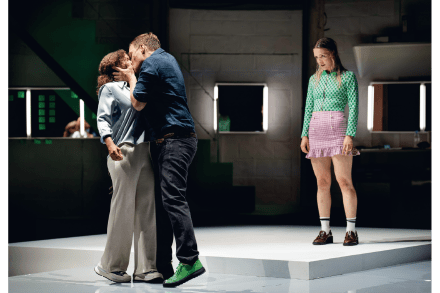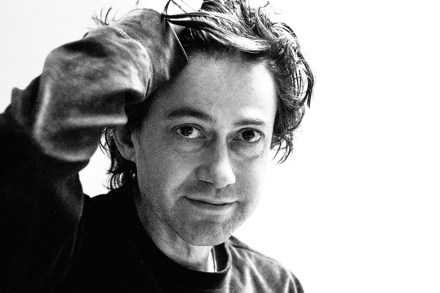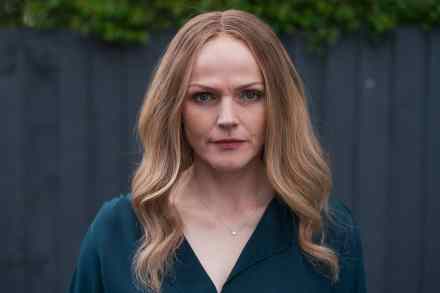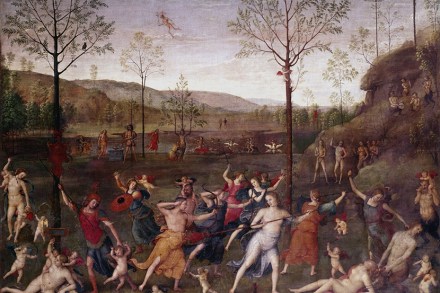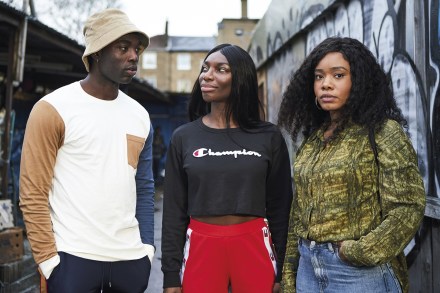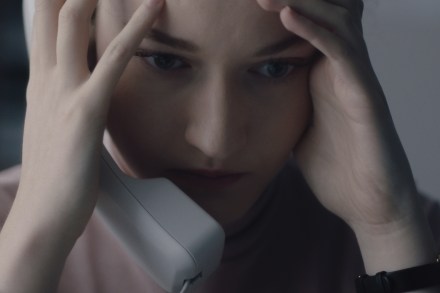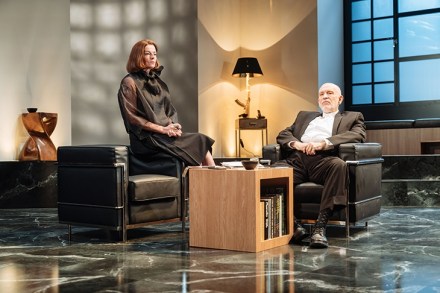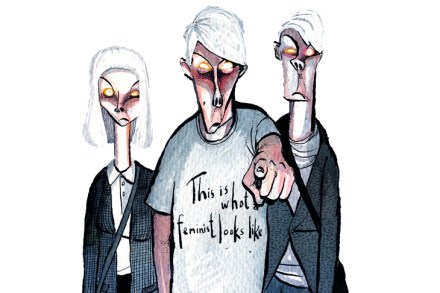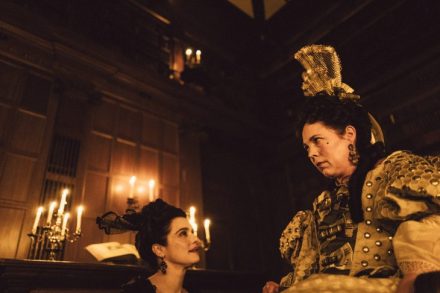Wasn’t AA meant to be about helping people?
The hatchet-faced woman who shouted at me pulled out her lipstick and sat reapplying it during the meeting. The pretty young girl next to her took out a nail file and sat filing her nails, as people shared. She was wearing see-through, skin-tight, skin-coloured leggings and a pair of six-inch wedged boots. I sat opposite them in the church hall and brooded. This used to be a support group but after 20 years of going it no longer feels like I am getting support. Lately, I feel worse when I come out. The woman with the stern face screeched at me at another meeting recently when I tried to speak



